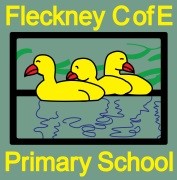History
Aim
Our aims in History are for children to:
• Inspire children’s curiosity about the past.
• Provide children with the knowledge and understanding of Britain’s past and the wider world.
• Children will be encouraged to make connections between the past, present and future.
• They will be equipped to ask perceptive questions, think critically, weigh up evidence, sift arguments and develop inquisitive minds.
• They will gain historical perspective placing their growing knowledge into different contexts, understanding and connections.
• They will begin to understand the lives of others during different periods in history and compare them with their own.
• Leave our school as active Historians who understand the methods of historical enquiry
Planning and Delivery
The children will understand historical concepts such as continuity and change, cause and consequence, similarity, difference and significance, and use them to make connections, draw contracts, and ask questions in order to develop their analysis and knowledge of the history of Britain and the wider world.
EYFS
The teaching of History is practical, playful and inclusive. They begin to understand people and events before they were born. Use the everyday terms to describe the passing of time, sequence objects and everyday events. They will comment on images of familiar situations in the past, discuss, and share experiences. They will talk about artefacts from the past and record memories. This will allow them to talk about past and present events in their lives and the lives of family members. They will link historical events, figures from the past and stories to develop their historical knowledge.
KS1 and KS2
Our enquiry-based lessons in KS1 and KS2 use the National Curriculum of Study supported by the Collins Connected History Scheme of work. This prompts children to ask perceptive questions, think critically, review evidence, make arguments, and develop their own moral perspective or form their own judgements in history and the History makers.

